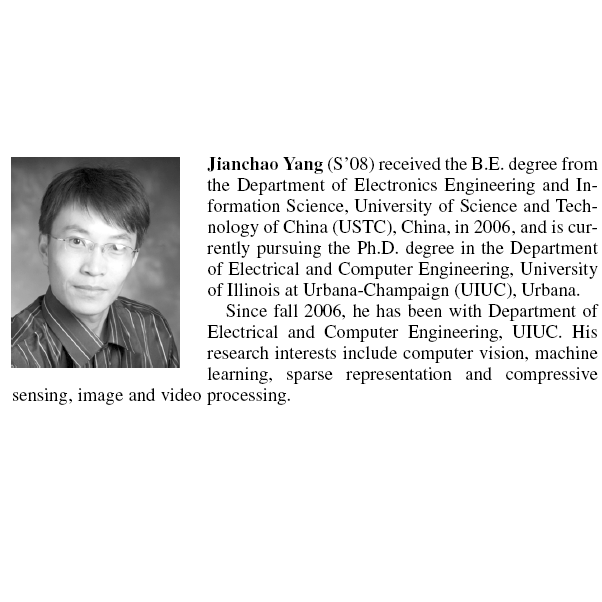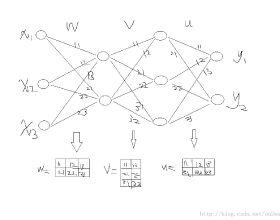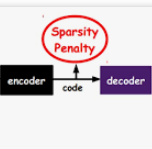The dictionary learning problem, representing data as a combination of few atoms, has long stood as a popular method for learning representations in statistics and signal processing. The most popular dictionary learning algorithm alternates between sparse coding and dictionary update steps, and a rich literature has studied its theoretical convergence. The growing popularity of neurally plausible unfolded sparse coding networks has led to the empirical finding that backpropagation through such networks performs dictionary learning. This paper offers the first theoretical proof for these empirical results through PUDLE, a Provable Unfolded Dictionary LEarning method. We highlight the impact of loss, unfolding, and backpropagation on convergence. We discover an implicit acceleration: as a function of unfolding, the backpropagated gradient converges faster and is more accurate than the gradient from alternating minimization. We complement our findings through synthetic and image denoising experiments. The findings support the use of accelerated deep learning optimizers and unfolded networks for dictionary learning.
翻译:字典学习问题代表了数据是少数原子的结合,长期以来一直是统计和信号处理中学习表现的一种流行方法。最流行的字典学习算法替代了稀疏的编码和字典更新步骤,丰富的文献研究了它的理论趋同。神经上可信的稀释编码网络越来越受欢迎,导致经验发现通过这种网络进行反演化的词典学习。本文通过PUDLE(一种可变化的未翻版词典LE),为这些经验结果提供了第一个理论证据。我们强调了损失、演化和反演化对趋同的影响。我们发现了一种隐含的加速:作为演化的函数,反向回传的梯度汇合得更快,比相互最小化的渐变速度要准确。我们通过合成和图像脱色实验来补充我们的调查结果。研究结果支持使用加速的深层学习优化和扩展的词典学习网络。





